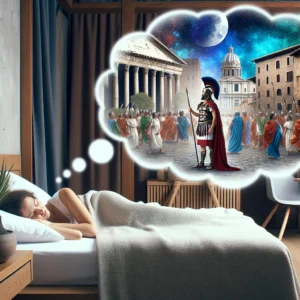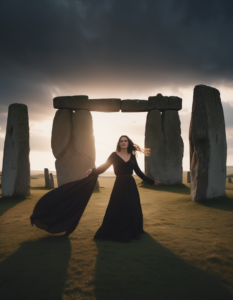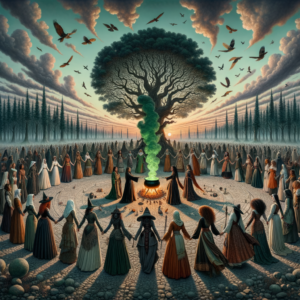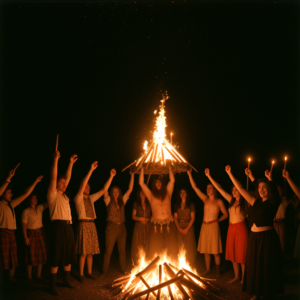
The Greek Pantheon is a collection of gods and goddesses that were worshipped by the ancient Greeks. These deities played a significant role in Greek culture and mythology, with each god or goddess representing a different aspect of life, nature, or human emotion.
The Twelve Olympians
The most prominent gods and goddesses in the Greek Pantheon are known as the Twelve Olympians. These include:
- Zeus: The king of the gods, ruler of the sky and weather, and the god of law, order, and fate.
- Hera: The queen of the gods and the goddess of marriage, women, and childbirth.
- Poseidon: The god of the sea, rivers, floods, droughts, and earthquakes.
- Demeter: The goddess of agriculture, fertility, sacred law, and the harvest.
- Athena: The goddess of wisdom, courage, inspiration, civilization, law and justice, strategic warfare, mathematics, strength, strategy, the arts, crafts, and skill.
- Apollo: The god of music, healing, plague, prophecies, poetry, and archery; associated with light, truth, and the sun.
- Artemis: The goddess of the hunt, wild animals, wilderness, childbirth, virginity, and protector of young girls, and the moon.
- Ares: The god of war, violence, and bloodshed.
- Aphrodite: The goddess of love, beauty, pleasure, and procreation.
- Hephaestus: The god of fire, metalworking, and craftsmanship.
- Hermes: The god of trade, thieves, travelers, sports, athletes, and guide to the Underworld.
- Dionysus: The god of wine, parties, festivals, madness, chaos, drunkenness, drugs, and ecstasy.
Celebrating the Greek Gods
The ancient Greeks celebrated their gods through various festivals and rituals. These celebrations were often accompanied by sacrifices, feasts, and performances. Here are some examples of how the Greeks celebrated their gods:
- Olympic Games: Held every four years in honor of Zeus, the Olympic Games were a series of athletic competitions that showcased the physical prowess of the Greeks.
- Dionysia: A festival held in honor of Dionysus, the god of wine and celebration. This festival featured dramatic performances, including tragedies and comedies.
- Thesmophoria: A festival held in honor of Demeter, the goddess of agriculture. This festival was celebrated exclusively by women and involved the sacrifice of pigs and the burying of their remains.
- Pythian Games: Held every four years in honor of Apollo, the Pythian Games featured athletic and musical competitions.
- Panathenaea: A festival held in honor of Athena, the patron goddess of Athens. This festival featured athletic competitions, musical performances, and a procession through the city.
Art and Architecture
The Greek Pantheon also had a significant impact on Greek art and architecture. The gods and goddesses were often depicted in sculptures, pottery, and other forms of visual art, reflecting the Greeks’ admiration for their deities. The Parthenon, a temple dedicated to Athena, is an excellent example of how the Greeks incorporated their religious beliefs into their architecture. The temple’s design and decoration reflect the importance of Athena in Greek society and the Greeks’ appreciation for beauty and harmony.
Literature and Philosophy
The Greek Pantheon also influenced Greek literature and philosophy. Many Greek myths and legends revolve around the gods and goddesses, reflecting the Greeks’ beliefs and values. These stories were passed down through generations, shaping Greek culture and identity. Additionally, Greek philosophers often used the gods and goddesses as a basis for their arguments and theories, demonstrating the Pantheon’s influence on Greek thought and intellectual life.
Social Structure and Morality
The Greek Pantheon also played a role in shaping Greek social structure and morality. The gods and goddesses were often associated with specific virtues and values, such as wisdom, courage, and justice. These associations helped to reinforce social norms and expectations, promoting a sense of order and stability in Greek society.
Overall, the Greek Pantheon played a significant role in ancient Greek culture and mythology. The gods and goddesses were celebrated through various festivals and rituals, which showcased the Greeks’ devotion and admiration for these deities.






